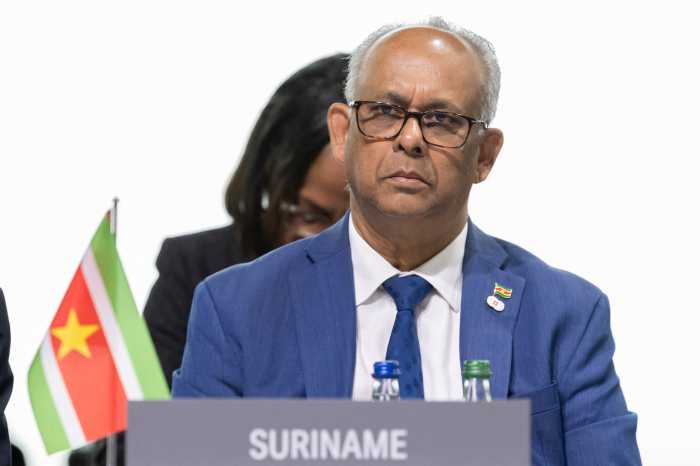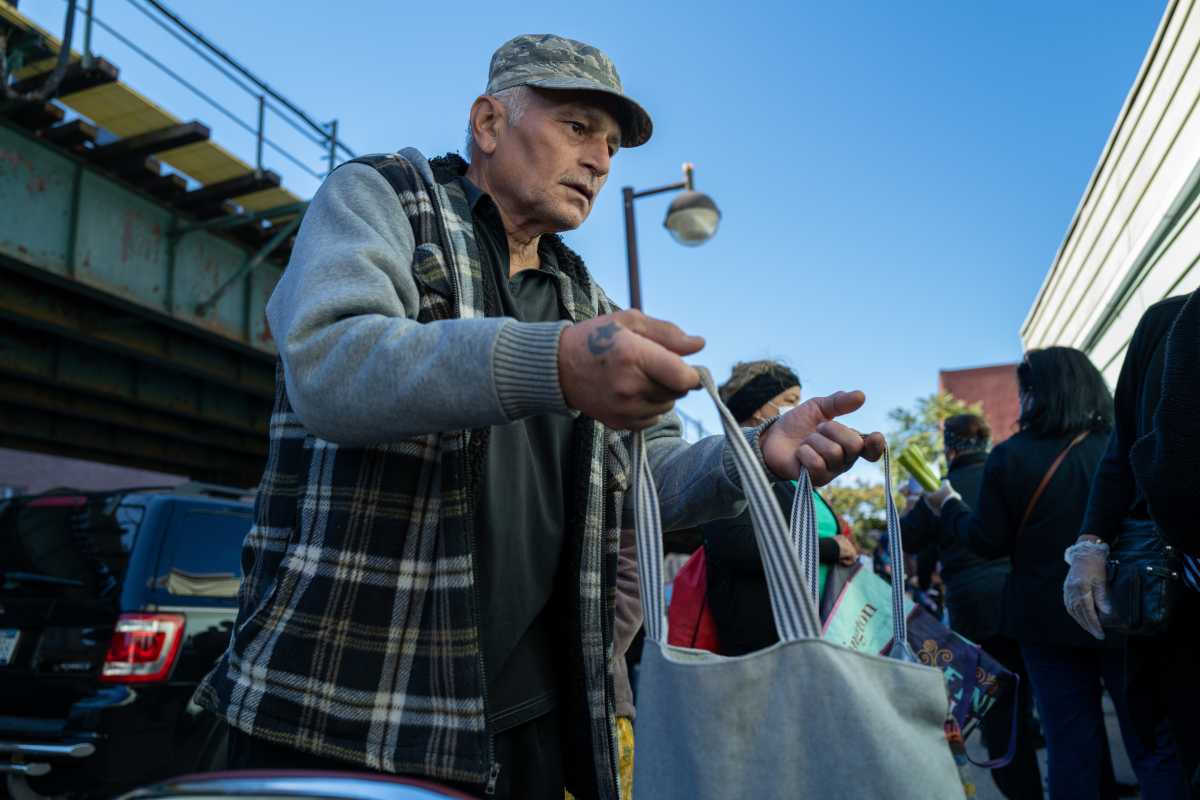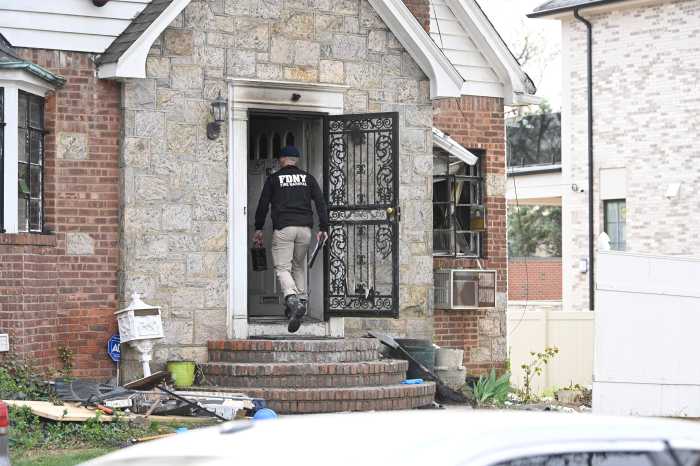Suriname’s relatively new government is moving to fulfill a pre-election promise to reorganize the country’s chaotic gold sector by demanding that thousands of wildcat miners register with authorities, adhere to new safety and environmental standards and be prepared to pay taxes, many for the very first time.
Surging world prices have attracted thousands of small-time local miners to pan for gold in the interior. In tow with them are also thousands of medium- and small-scale miners from neighboring Brazil who cross over into Suriname to take advantage of lax regulations that officials say will soon be a thing of the past. President Desi Bouterse thinks the current plan requires a monumental effort but says it is highly necessary.
“It will take a lot of guts, courage and solidarity to bring order to a chaotic situation,” says Bouterse who himself has dabbled as an investor in the sector in the past.
With the price per troy ounce of gold hovering around the $1,400 mark for the past three months, authorities in Suriname and neighboring Guyana have struggled to regulate the industry and keep pace with developments, including control of the use of mercury to recover gold, and its negative effects on the environment.
In the past week, officials in the Surinamese capital of Paramaribo have set up a mining service center where miners can register with geology and mining commission in what officials say is the first phase of a nationwide effort to reorganize the sector.
Last year, seven small-scale miners died when an open pit they were working in collapsed because of poor construction of support walls. Incidents like this one and several less deadly ones in the past have forced officials to look at all aspects including safety and basic engineering techniques required for alluvial mining.
The effort has also attracted the interest of officials in the health sector which, like colleagues in Guyana, want to get a grip on malaria among miners, as well as security authorities and the forestry sector who are interested in monitoring the felling of trees to create mining areas.
The runaway prices for the metal have allowed gold to surpass bauxite as the country’s number one foreign exchange earner. Bauxite, which has investors like Alcoa, had held top billing for decades, accounting for up to 70 percent of GDP.
The moves come as the industry prepares for a second mega mine in the interior involving global miner Alcoa, known more for its bauxite exploits than gold. The mega mine will produce gold alongside its existing Gross Rosebel setup. The two alone could produce more than 600,000 ounces annually in addition to the contribution from small miners.

























